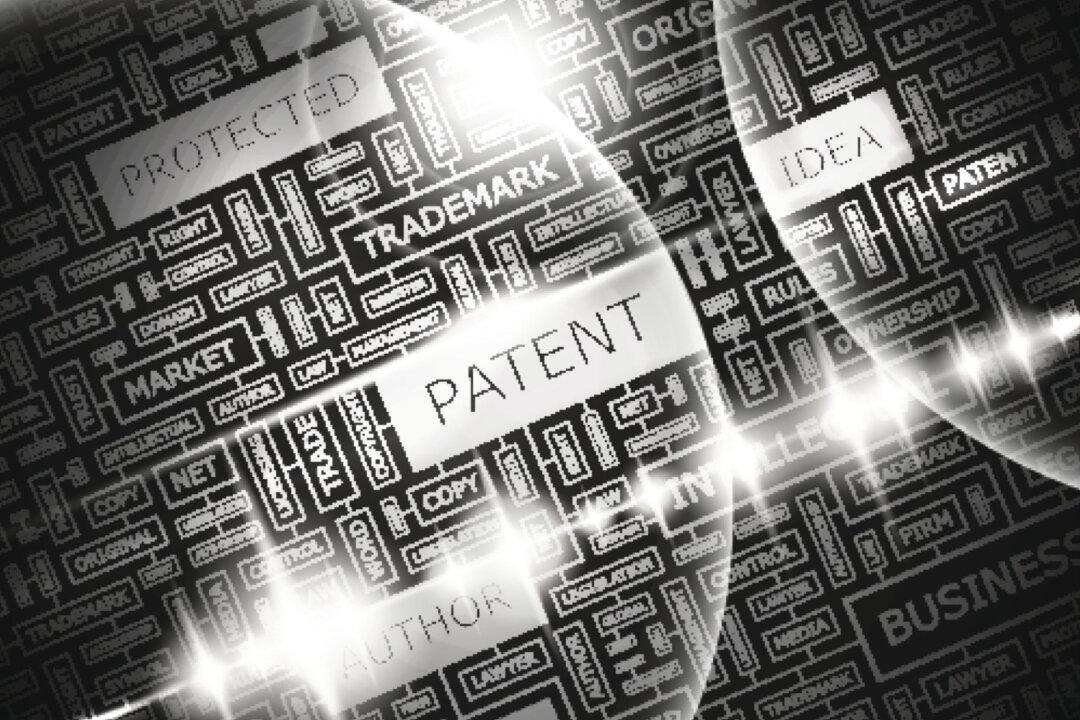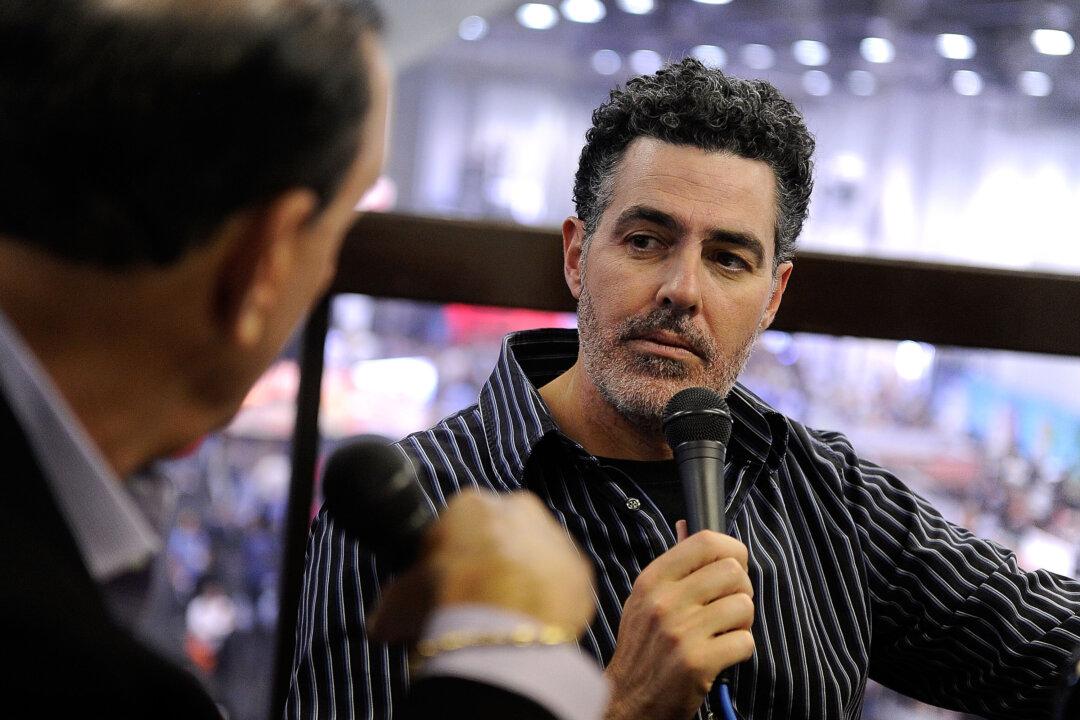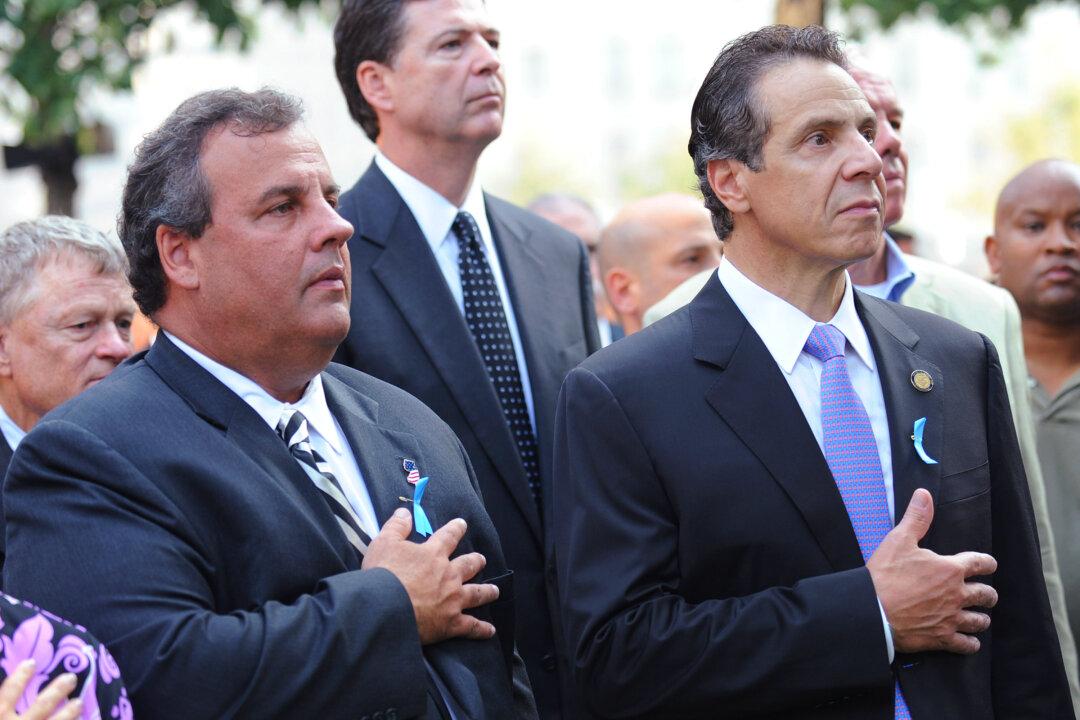In June 2012, the New England Federal Credit Union in Williston, Vermont, received a vaguely worded letter from a company called Automated Transactions, warning the firm that it might be using teller-machine technology that infringed on Automated’s patents. The letter had several mistakes, New England Federal’s CEO John Dwyer informed a U.S. Senate committee last December, starting with its addressee: Dwyer’s predecessor, who had departed two years earlier. Automated and its lawyers, Dwyer complained, had “performed little or absolutely no research prior to demanding money from our credit union”—in effect, it had sent a “form letter.” Still, Automated proposed “a special one-time limited offer” to license automated teller-machine technology to New England Federal for $2,000 per ATM. The patent firm later hiked the fees it wanted, and then sued New England Federal, seeking triple damages. “The case has been a costly and distracting headache,” Dwyer continued, “from a company that has made a business out of what, in my opinion, in another context, might look like extortion.” All this, even though a judge had already invalidated several Automated patents, as the credit union’s research would uncover.
Automated is what many now call a “patent troll”—a firm that holds patents of dubious merit, with which it produces no products but that it instead uses to demand licensing fees from businesses. Patent trolls have become so controversial that Vermont senator Patrick Leahy, chair of the Senate Judiciary Committee that held the December hearing, observed, “You don’t have to be a patent expert to know what is going on. I mean, this is as close to robbery as you can think of.” Leahy promised action on a bill to end some of the abuses that Dwyer described, but barely five months later, the senator deep-sixed his own legislation, despite bipartisan support for it. Reportedly, Senate Majority Leader Harry Reid rejected the Leahy bill because of intense opposition from the powerful trial lawyers’ lobby.
MORE:
- What Xiaomi’s Lacking Patents Tell us About its Culture
- iPhone 6 Patent Fraud Case in China Complicated Hacked Photos
- China’s State-Funded Company Looks to Profit Off US Patents
In fact, the opposition ran deeper than the trial bar, threatening future patent reform. Flaws in our patent system, which the distinguished appellate judge and law professor Richard Posner dubs “dysfunctional,” have transformed the technology market, making ceaseless litigation lucrative not only for Automated and patent trolls like it, but for others, too. The winners include universities, which increasingly sell otherwise unmarketable patents to shake-down trolls; established companies, which launch patent suits to hamstring competitors; and, of course, the lawyers. The losers: innovation and the American economy.
On August 17, 1787, James Madison, rising before the delegates meeting in Philadelphia to draft a constitution for the new United States, suggested that the document should contain some provision to protect intellectual property. In Federalist 43, Madison noted that Great Britain granted such rights, which helped to advance the public good by encouraging innovation. Madison’s efforts culminated with Article I, Section 8 of the U.S. Constitution, authorizing Congress to promote “the progress of science and the useful arts,” by granting exclusive rights to authors and inventors. The Patent Act of 1790 represented the first federal law codifying the assigning of these rights. Under it, patents became “a just reward to ingenious men, and highly beneficial to the public,” in the words of nineteenth-century Supreme Court Justice Joseph Story.
Nevertheless, early controversies foreshadowed patent trolling. In the late nineteenth century, the invention of the sewing machine triggered a notable patent battle. Various inventors—including Elias Howe, Charles Morey, and Isaac Merritt Singer—came up with different versions of sewing machines, seeking a commercially viable product. Howe’s was a marketplace dud, but he proceeded to demand licensing rights from the other machine makers—and then launched several lawsuits, which prompted his competitors to countersue. Eventually, the squabbling manufacturers resolved to band their patents together into a single pool and grant licenses to one another. Howe never manufactured sewing machines for profit but wound up collecting some $2 million in royalties from sales of the machines by others.
Our twenty-first-century patent wars are a supersize version of the sewing-machine conflict. They have their origins in changes to patent law that have occurred over the last several decades, especially concerning computer software. The U.S. Patent and Trademark Office long resisted granting patents on software. As one federal court described the Patent Office’s traditional position, “a programmed general-purpose computer could never be viewed as patentable subject matter”—the programming itself was simply too general and abstract. Patent law clearly stated that an application for a patent had to be concrete in its description of any innovation and “shall contain a written description of the invention, and of the manner and process of making and using it, in such full, clear, concise, and exact terms as to enable any person skilled in the art . . . to make and use” the invention.
MORE:
- 4 Things You Should Know About Gene Patents
- LOT Network: How Google and Friends Aim to Block Patent Trolls
- Supreme Court Decision Defines Patent Rights
But as software became more common, courts reversed course. In 1981, the Supreme Court ruled that a software program that controlled a physical process—in the case in question, a computer-operated precision-molding machine—could be part of a patent. In 1994, a federal district court went further, overruling the Patent Office to allow a patent on software that ran a computer-driven digital display. By the late 1990s, a flood of patents covered computer programs. Today, the Patent Office approves a staggering 40,000 software programs a year.
Many of these new patents explain computer processes to solve a problem or reach a desired end, without defining any actual device or unique code that makes it happen. It’s the equivalent, says Stanford law professor Mark Lemley, of a pharmaceutical company getting a patent for “an arrangement of atoms that cures cancer.” Even many software designers recoil at such patents. In March 2012, Andy Baio, cofounder of Upcoming.org, a now-defunct events calendar that Yahoo acquired in the mid-2000s, described in Wired how the tech giant had asked him for information on anything potentially patentable that he'd created for the site. “I’ve always hated the idea of software patents,” wrote Baio. “But Yahoo assured us that their patent portfolio was a precautionary measure, to defend against patent trolls and others who might try to attack Yahoo with their own holdings.” Yahoo then filed four patents based on Baio’s work, which he describes as “nonsensical documents that I still can’t make sense of.” One patent, he observed, merely asserted a claim for “[t]echniques . . . for notifying a member of a social network system of those changes, within the social network system, that are of most interest to the member.” The firm could use the patent, Baio worried, to demand licensing fees from every social-media website with a news feed. Baio became especially concerned when a struggling Yahoo began “weaponizing” patents to sue others, including Facebook. “Unable to innovate, Yahoo is falling back to the last resort of a desperate, dying company: litigation as a business model,” he noted. Worse, Yahoo could one day auction off its patent portfolio to still more aggressive trolls.
Many cases winding through the legal system involve similarly abstract patents. The Gooseberry Natural Resources company got a patent for creating and distributing news releases through e-mail—a process that required no true innovation. It then sued several big players, including Yahoo, MSN, and Reddit, for infringement. Some defendants settled out of court by agreeing to pay a licensing fee, viewing the cost of trying to invalidate the patent as prohibitive. Another defendant, Fark.com, went ahead with the case and easily defeated the troll’s claims, but its legal bill was massive. “One of the major problems with patent law is that, in the case that you are sued by a patent troll, the burden of proof that you did not infringe on the patent is actually on the defendant,” observed Drew Curtis, Fark.com’s founder.
Another case concerns Personal Audio, a company that dabbled in dispensing audio content on tape during the 1990s, when it patented the idea. Though Personal Audio failed to make money with its original concept, which was to distribute tapes of magazine stories read aloud, it now claims to own the rights to any “system for disseminating media content representing episodes in a serialized sequence.” That includes, among other things, the proliferating practice of Internet podcasting. Personal Audio, which makes no products today, has accordingly demanded licensing fees from the biggest podcasters, including $3 million from comedian and commentator Adam Carolla. The claim might seem outlandish, but the troll had already scored against a bigger target: Apple. In early 2013, a Texas jury determined that the music players in the iPod, iPad, and iPhone infringed on another Personal Audio patent, this one for an audio player that lets listeners create their own playlists; Apple had to fork over $8 million. Carolla vowed to fight his suit and asked listeners to chip in for his defense, but the comedian’s legal bills exceeded the nearly half-million dollars he raised. (See sidebar.) Even though Personal Audio recently agreed to drop the suit, after discovering that Carolla didn’t make big bucks from his podcasts, the troll doesn’t owe him a dime.
Earlier this year, an apparent patent troll called Red Pine Point filed suit against Magnolia Films, charging that the company was violating a patent that it held on the concept of selling movies on demand, prior to their theatrical release, to Internet viewers. Magnolia, partially owned by entrepreneur Mark Cuban, began marketing its movies that way in 2004. In 2006, Red Pine Point obtained a patent for the practice, which listed a lawyer and Red Pine executive, Philip Lyren, as coinventor. The vague patent claims purview over “methods, apparatus and systems for marketing and selling feature length movies over one or more networks . . . and includes placing, at plural different Internet locations, advertisements to purchase a feature length movie (FLM) before the FLM is available to buy.” The tech publication Ars Technica sarcastically dubbed Lyren “inventor of the week.” Cuban, who has funded the “Chair to Eliminate Stupid Lawsuits” at the Electronic Frontier Foundation, a digital advocacy group, wrote on his blog: “Could there be a more ridiculous patent ever issued?”
MIT economist Catherine Tucker has demonstrated how trolls, exploiting such vaguely worded patents, can snuff out innovation. In one study, Tucker looked at medical-imaging technologies, which hospitals have adopted to store and access electronically the records from CAT scans, ultrasounds, and other tests that previously existed only on paper. In 2005, a patent troll known as Acacia Research purchased a patent from the 1990s for a “medical image storage, retrieval and transmission system.” Though no one was manufacturing devices under the patent, Acacia claimed that any process that now accomplished the same digital-imaging transmission infringed on its intellectual property. It warned hospitals and makers of medical-imaging systems to expect lawsuits. Sales in the field plunged by half and research funding fell, as imaging firms stopped releasing new products or updating existing ones. “Vendors did not want to run the risk of being found guilty of ‘wilful infringement’ in the patent suit and being held liable for treble damages,” observes Tucker.
The trolling has produced a free-for-all in the courts. Patent litigation spiked 85 percent from 2006 through 2012—a rise entirely attributable to suits filed by so-called nonperforming entities, another designation for trolls (they’re “nonperforming” because they make no products). A 2012 study by Boston University law professors Mike Meurer and Jim Bessen estimated the annual cost of patent litigation in the United States to be $29 billion. The broader effect on the economy, including the diversion of resources away from productive investments and innovation, may reach $80 billion yearly, they say.
Patent plaintiffs often shop for sympathetic legal venues. Many trolls, for example, have opened offices within the jurisdiction of the federal Eastern District Court of Texas, located in tiny Marshall, Texas, where courts have proved unusually friendly to patent holders and judges are less likely to dismiss seemingly frivolous suits. Of cases that go to trial, Marshall juries decide in favor of patent plaintiffs 79 percent of the time, compared with 59 percent nationwide. Of the 6,000 patent lawsuits filed in the U.S. last year, one in four landed in Marshall, according to the Electronic Frontier Foundation. Marshall’s small-town atmosphere—the town’s population is only 24,000, with a median household income of just $33,000 annually—may help explain why juries there are so partial to plaintiff claims, especially when, as is often the case, the defendant is a big company accused of stealing an invention.





